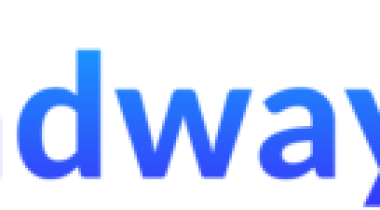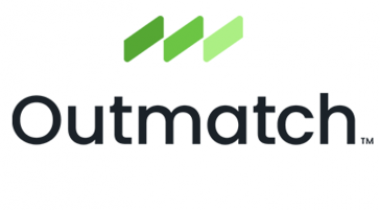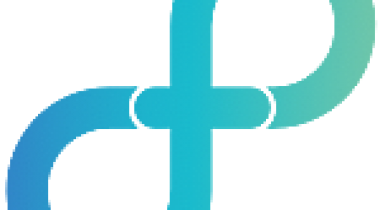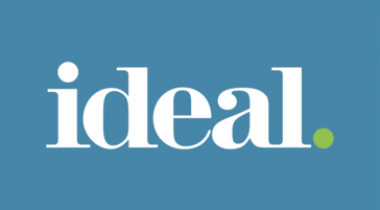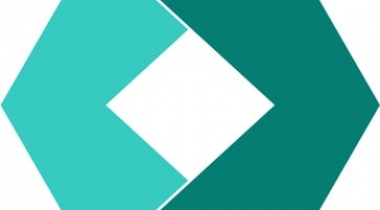Procaire is the first of its kind AI-based Talent Risk Management and Intelligence system of truth and activity. Procaire provides early, real-time visibility and actionable insights into talent risk with retention workflows to proactively improve employee work-life and retention materially.В Granular talent risks derived from multiple enterprise systems are searchable and indexed across risk factor categories, including Work, Compensation, Connection, Growth, and Recognition. Finally, Procaire provides robust reporting to support SEC SK-101 (c), Diversity, Inclusion & Belonging, and other compliance initiatives.
Procaire
Customer Reviews
Procaire Reviews
G J.
Advanced user of ProcaireWhat do you like best?
When I initially learned about Procaire, I was under the impression that it was just a tool to figure out who was at risk for leaving the company. I quickly figured out it does so much more than that. It's a tool that helps leaders analyze employee engagement, burnout, Diversity Inclusion & Belonging, Maker time, and so much more. I don't think I've figured out how much it can do.
It easily links with Outlook Calendar, Workday, Jira, Github so it can gather the meta-data. It then uses its AI to analyze the workforce. Some might be concerned about a data privacy issue, but since it only looks at meta-data, our employee's PII is protected. Our security team was comfortable with the data and privacy protections the Procaire team had put in place. And we log in through Okta - our SSO.
My first "ah-ha" moment came when they were doing a demo of our data and showed that one of our employees who had recently left the company actually had a big impact on others. We didn't even realize it - he was a lower level, shorter-term employee, and we didn't think anything of it. When others from his dept started to leave, we had no idea that one reason may have been because this employee had left a month or two earlier. He was in many different projects, working across the organization, and had built up a small network around him. Had we known this, we may have been able to intervene before he considered leaving.
During Covid, many of our employees suffered from burnout, and there were several complaints about having too many meetings. They didn't have time to get their work done. We now have the data to determine "maker time" and the number of hours people spend in meetings on a given day or week. We are now using this to help managers be more thoughtful on who should be in meetings. We need to do a better job at allowing employees to have the time to get stuff done.
We are just at the beginning stages with Procaire, and I see some big potential. We are populating a library of tasks/activities to help managers reengage employees based on issues flagged by Procaire. We also loaded our training information and our talent review information into the system to help us get a wider view of risk and engagement in the company.
What do you dislike?
This isn't a Procaire issue, but we are in the midst of changing HCM's and much of our data is in various systems and spreadsheets. So we aren't doing real-time analysis. We are loading information in regularly, but it is lagging. My recommendation would be to have your systems in a stable place before implementing. Otherwise, it's quite a bit of work to keep the data fresh and up to date.
Recommendations to others considering the product:
Have a stable HCM and systems in place before trying to implement.
What problems are you solving with the product? What benefits have you realized?
We now have a comprehensive overview of our employee's engagement and risk for leaving. We now, we can be proactive in addressing problems almost before they start. This is allowing us to be more thoughtful on how we work with our critical and high potential employees. And on the flip side, we can be more thoughtful on how we might follow up after a voluntary or involuntary termination.





